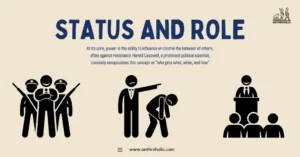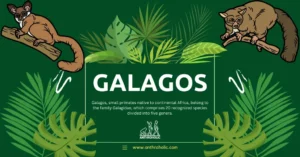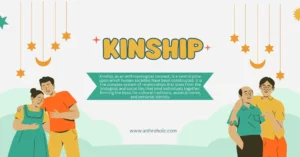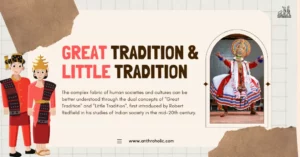AI Answer Evaluation Platform Live Now. Try Free Answer Evaluation Now
Peaceful Means of Dispute settlement
Conflict is an intrinsic element of social relationships, and how societies handle disputes and disagreements speaks volumes about their culture, values, and social structures. Anthropology, the study of human societies and cultures, offers a lens through which we can better understand and evaluate the diverse peaceful means of dispute settlement.
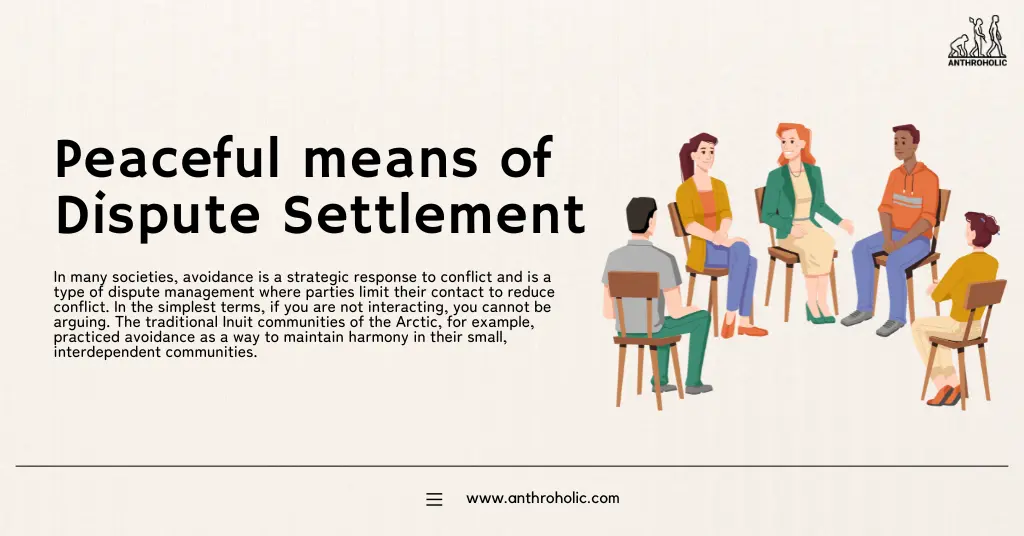
Avoidance
In many societies, avoidance is a strategic response to conflict and is a type of dispute management where parties limit their contact to reduce conflict. In the simplest terms, if you are not interacting, you cannot be arguing. The traditional Inuit communities of the Arctic, for example, practiced avoidance as a way to maintain harmony in their small, interdependent communities [1].
Community Action
Community action is a proactive approach to resolve conflicts, where members of a community work collectively to address disputes. In traditional Papua New Guinea societies, for instance, the whole community gets involved in mediating conflicts and restoring peace [2].
Key features of community action include:
- Collective participation: Everyone in the community has a role.
- Restorative justice: The focus is on healing and rebuilding relationships.
- Consensus decision-making: Resolutions are agreed upon by all.
Negotiation and Mediation
Negotiation and mediation are proactive, interactive methods of dispute resolution. Negotiation is a direct discussion between conflicting parties, aiming to reach an agreement. Mediation, on the other hand, involves a neutral third party, or a mediator, who facilitates dialogue and promotes compromise.
Negotiation has been integral to many indigenous cultures, like the Maori in New Zealand, where direct, face-to-face negotiation, or ‘korero’, has been a long-standing tradition [3].
Mediation is well-documented in many African societies, with the elders often acting as mediators, like the Kikuyu of Kenya [4].
Apology
Apology, in the context of dispute settlement, is a potent tool of acknowledgment, remorse, and commitment to reparation. It has a healing power that can mend damaged relationships and restore social harmony. In Japanese society, the act of apologizing, or ‘owabi’, is deeply ingrained in the culture and plays a crucial role in dispute resolution.
Oath and Ordeal
The concepts of oath and ordeal originate from a time when formal legal structures were absent or weak. An oath is a solemn promise, often invoking a divine being, to tell the truth or keep a commitment. An ordeal, meanwhile, is a physical test used to determine guilt or innocence.
In medieval Europe, trial by ordeal was common, where a defendant’s innocence or guilt was determined through a physically challenging task, such as holding a hot iron. Although largely outdated, it reflects how societies have sought to peacefully resolve conflicts.
Adjudication
Adjudication is the process in which an authoritative figure or body determines a resolution for a dispute. This is widely seen in contemporary societies with strong legal structures.
Adjudication can be:
- Formal: Carried out by established legal systems.
- Informal: Conducted by a community elder or leader.
Formal adjudication is exemplified by Western court systems, while informal adjudication can be seen in the Pashtun ‘jirga’ system in Afghanistan and Pakistan.
| Method | Key Features | Example |
|---|---|---|
| Avoidance | Limiting contact | Inuit |
| Community Action | Collective participation, restorative justice, consensus decision-making | Papua New Guinea |
| Negotiation and Mediation | Interactive, proactive | Maori, Kikuyu |
| Apology | Acknowledgment, remorse, reparation | Japan |
| Oath and Ordeal | Promise, physical test | Medieval Europe |
| Adjudication | Authoritative decision, formal or informal | Western court system, Pashtun jirga |
Conclusion
Understanding the peaceful means of dispute settlement from an anthropological perspective allows us to appreciate the diversity and complexity of human conflict management. The strategies of avoidance, community action, negotiation and mediation, apology, oath and ordeal, and adjudication each reflect a society’s values, history, and social structures.
References
[1] Briggs, J. (1970). “Never in Anger: Portrait of an Eskimo Family.”
[2] Read, K. E. (1959). “Leadership and Consensus in a New Guinea Society.”
[3] Metge, J. (1986). “In and Out of Touch: Whakamaa in Cross-Cultural Context.”
[4] Mbiti, J. S. (1991). “African Religions and Philosophy.”

